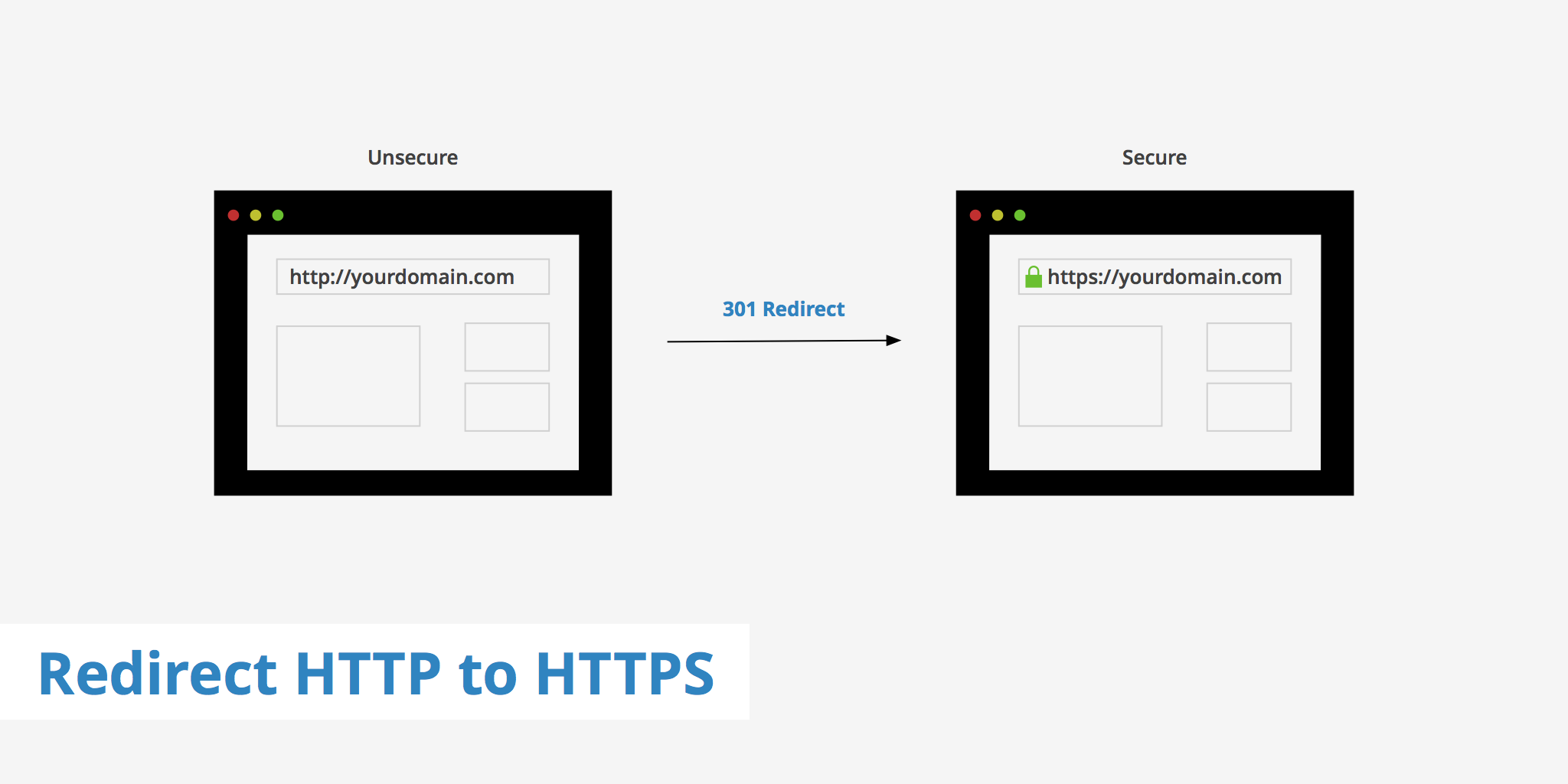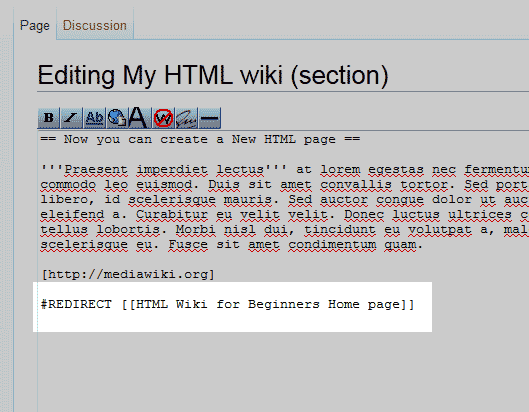
$wgFixDoubleRedirects is a configuration setting that can take care of such redirects as they are created, but it is only suitable for use on a private wiki because page move vandalism causes problems when it is set to true. fixDoubleRedirects.php is a maintenance script that fulfils that purpose. There are several ways to fix double redirects. $wgRedirectSources (defaults to false), is a regular expression to restrict URLs which will be displayed as 'redirected from' links.$wgMaxRedirects (defaults to 1), is the max number of redirects to follow when resolving redirects.$wgMaxRedirectLinksRetrieved (defaults to 500), is the maximum number of links to a redirect page listed on Special:Whatlinkshere/RedirectDestination.By default, when a user logs into their account they are redirected back to the same.
#Mediawiki redirect how to#
$wgInvalidRedirectTargets (defaults to array( 'Filepath', 'Mypage', 'Mytalk' )) is an array of invalid page redirect targets. How to redirect users to a particular page after login in MediaWiki.$wgDisableHardRedirects (defaults to false), disables redirects to special pages and interwiki redirects, which use a 302 and have no "redirected from" link.$wgDebugRedirects (defaults to false), displays redirect location instead of actually redirecting to the target URL.Redirects are recorded in the redirect table.Ĭonfiguration settings relevant to redirects include: Such pages serve as "symbolic links" to their target page in most contexts referring to the redirect page (linking to it, using it as a template, using it as a file name etc.) will have the same result as referring to the target page. Use action=query&meta=authmanagerinfo with amirequestsfor=create (or a previous response from this module, if applicable) to determine the requests available and the fields that they use.A redirect is a page that contains a line such as: #REDIRECT ]. * This module accepts additional parameters depending on the available authentication requests. You will be automatically logged in to your Mediawiki account. Enter your miniOrange login credential and click on Login. Either this or createreturnurl is required.Ī "createaccount" token retrieved from action=query&meta=tokens This parameter is required. Go to your Mediawiki URL, here you will be either asked to enter the username or click on the SSO link which will redirect you to miniOrange IdP Sign On Page. This request is a continuation after an earlier UI or REDIRECT response. You should extract any query or POST parameters from the URL and pass them as a createcontinue request to this API module. When that completes, the third party will send the browser or web view to this URL. Upon receiving a REDIRECT response, you will typically open a browser or web view to the specified redirecttarget URL for a third-party authentication flow. Either this or createcontinue is required. Thanks to MediaWiki's case-sensitivity rule (see the sidebar Article Titles and. Return URL for third-party authentication flows, must be absolute. Another use for redirects is to support alternate capitalizations. If it returned a non-empty value for preservedusername, that username must be used for the username parameter. If action=query&meta=authmanagerinfo returned true for hasprimarypreservedstate, requests marked as primary-required should be omitted. Preserve state from a previous failed login attempt, if possible. Type: boolean ( details) createpreservestate Merge field information for all authentication requests into one array. One of the following values: html, wikitext, raw, none Default: wikitext createmergerequestfields

Maximum number of values is 50 (500 for bots). Only use these authentication requests, by the id returned from action=query&meta=authmanagerinfo with amirequestsfor=create or from a previous response from this module.

Then post to this module with createcontinue and the relevant fields set, and repeat step 4.


 0 kommentar(er)
0 kommentar(er)
